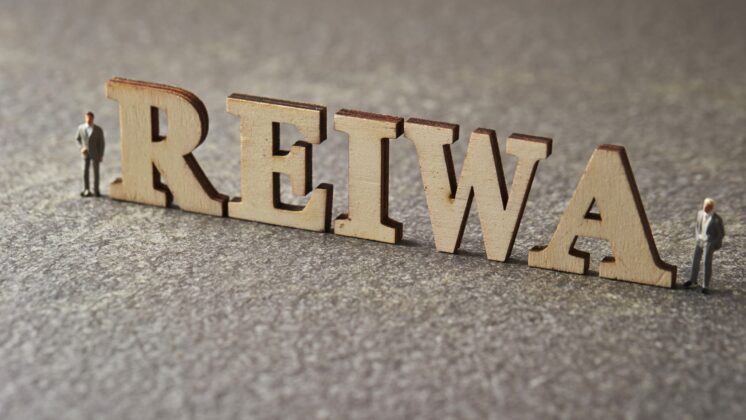The Japanese government has announced the name of the new imperial era to begin on May 1. We are now in the Reiwa era (令和).
With the announcement of the Reiwa era name came an explanation for how the characters are to be read: rei meaning “good” or “beautiful” and wa meaning “peace” or “harmony.” Together, the characters forecast “beautiful harmony” for the years ahead.
This new gengo, or era name, was chosen not by the incoming emperor, but by a panel of experts who based the decision on a number of practical factors, including a two-character quota, reading and writing simplicity, and originality. Also included was the reflection of a national ideal—a direction for the future. Despite the simplicity of “beautiful harmony,” with all the disruptions and VUCA in the world today, “Reiwa” sets quite a high bar. Perhaps the experts are hoping for a kind of placebo effect.
This brings to mind a core element of the GLOBIS MBA: the development of a personal mission, or kokorozashi. Students define and refine their kokorozashi by reflecting on goals and values throughout their studies and life after graduation.
Tomoya Nakamura, dean of GLOBIS University and co-author of Kokorozashi: The Pursuit of Meaning in Business, describes kokorozashi as something that can “enable significant changes in the people around us, our organization, and society.”
At a glance, the motivations behind determining one’s kokorozashi seem to echo the way the government chooses gengo. Aren’t they both intended to impact society for the better? Set a direction? Pursue aspirations? How do the two really measure up? We asked the kokorozashi experts to compare the two in terms of three key factors:
- Society impact
- Direction
- Aspirations.

Next Article
How to Live Happily Ever After in Japan’s High-Context Culture
Visualizing Your Personal Mission (Part 1)
8 Scales to Chart a Culture Map for Better Management
Impacting Society
Reiwa, like previous gengo, was chosen to reflect the government’s hopes for Japanese society in the coming era—in this case, beautiful harmony. Kokorozashi, too, carry intentions to impact society. But expecting gengo and kokorozashi to achieve this impact in the same way may be presumptuous.
“Both would like to make a positive impact on society,” says Yoshino. “That part is the same. However, the era name is more like a vision with hope. Kokorozashi is like a mission with commitment.”
There is a significant difference, he says, in the factor of will. The Reiwa era may have hope behind it, but no actionable will.
Setting a Direction
The panel of experts responsible for choosing the Reiwa era’s name spent a fair amount of time narrowing down gengo candidates to ensure the right choice was made. Kokorozashi, by definition, is a more personal thing. But should it, too, be subject to group input?
“If you’re asking if we should amend or revise our kokorozashi based on the feedback from people around us, the answer is yes and no,” says Yoshino. Being more objective than subjective is important, he explains, but we also need to stay committed despite what others think.
This element of personal commitment wins out in kokorozashi, then, over the consensus nature of gengo.
Pursuing Aspirations
Kokorozashi translates to English as “a personal mission.” The first criterion for determining a new gengo is a positive meaning for the national ideal. Does this mean gengo is a national mission?
Not quite.
Again, it comes down to that key factor of will. Reiwa is far more a reflection of hope than of mission. That doesn’t mean, however, that the hope for beautiful harmony in the Reiwa era cannot be harnessed for individuals to enact change. Prime Minister Shinzo Abe has expressed his desire to mold Japan into a country of shared hearts and nurturing culture—both of which are somewhat expressed with Reiwa.
“For him,” says Yoshino, “the new era name may represent his kokorozashi.”
The Verdict
Despite loose parallels, gengo and kokorozashi are distinct. Gengo lacks the constant revision process of intention and action that makes kokorozashi so valuable to MBA students at GLOBIS.
Developing a kokorozashi is not about hoping your career will take shape the way you want it to. It’s all about making things happen for the betterment of yourself, your career, and the future of society.






